– News arrives daily about increasing pressure on our southern border, indicating a resurgence of illegal migration. What is the government doing to curb this?
– Hungary is among the few countries that have maintained the same stance on illegal migration for the past ten years: we believe that the external borders must be protected, the checks should be conducted on the other side, and only those with a legal right should be allowed entry. Because of this position, we have been subjected to enormous ordeals and an unprecedented penalty imposed by Brussels.
It is unacceptable that we are being forced to pay a daily fine of one million euros simply for protecting our own external border and thereby safeguarding Europe from illegal migration.
In the Brussels bubble, opinions have not changed in ten years because admitting a mistake would mean acknowledging they have been on the wrong path from the get go — something that EU leaders, who consider themselves infallible, are unwilling to do. However, in countries where elected politicians interact directly with the people, a growing number of delegates believe that we need a different approach to migration. Unfortunately, Brussels remains completely deaf to these concerns.
– So far, the European Union hasn't provided a single cent to Hungary for protecting the bloc's external borders. How likely do you think it is that the EU will, to some degree, compensate Hungary for its efforts?
– We have already spent more than 800 billion forints on protecting Hungary's southern border, and this cost will increase by another 40-50 billion this year. Fewer and fewer countries are willing to implement the migration pact, as they also see no need for the redistribution mechanism outlined in it. Even in Germany, it seemed for a few days that a position similar to Hungary’s might prevail, but ultimately, the majority in the Bundestag backtracked, which clearly illustrates the immense power of the globalist liberal network.
Through the media and their opinion leaders, they exerted such intense pressure that the CDU—the party that's expected to win the German elections—reversed its stance.
Yet, even they now reject the "Willkommenskultur," the legacy of former Chancellor Angela Merkel, who has been living in retreat for many years.



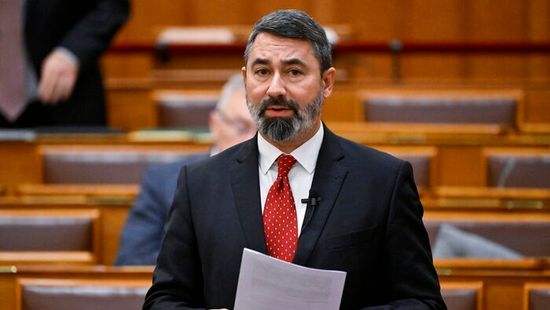


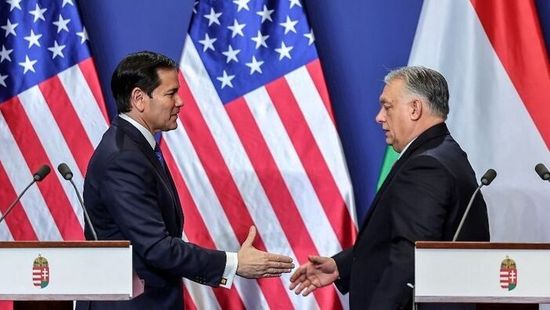







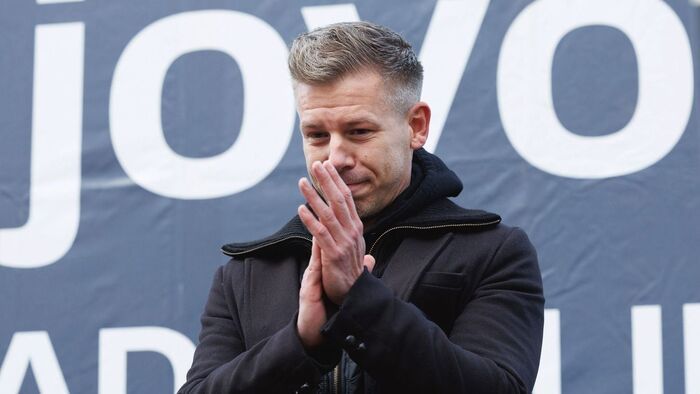

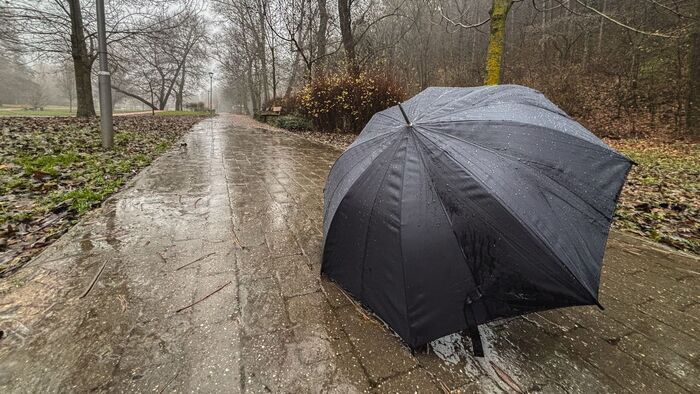
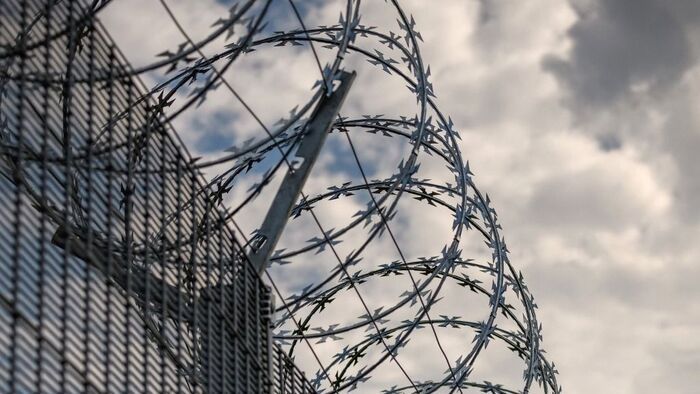

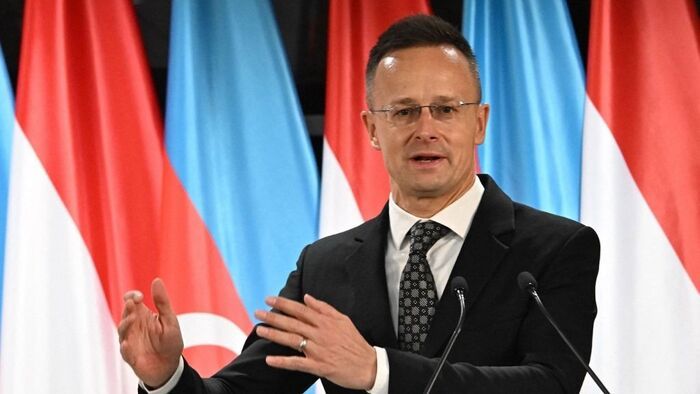





Szóljon hozzá!
Jelenleg csak a hozzászólások egy kis részét látja. Hozzászóláshoz és a további kommentek megtekintéséhez lépjen be, vagy regisztráljon!